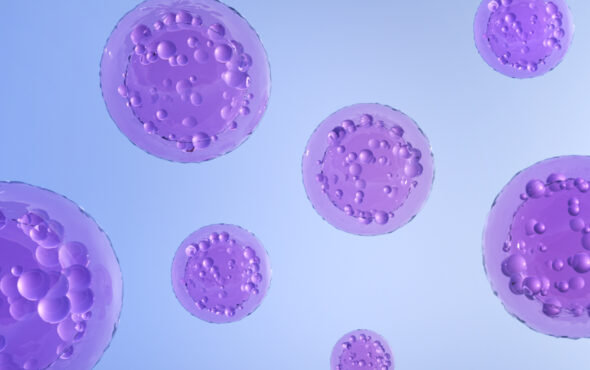
Otamere Guobadia shares an essay on his changing relationship with solitude in this time of isolation.
Mine is a body beholden to chaos. To interferent intimacies, to reels in Knightsbridge churches, to hands held, friends kissed, beds occupied and fallen into and out of. Life has become one neverending succession of sprints between tube stations, Uber rides between half-done functions, drunken, sloppy goodbyes for fear of missing the next hello—
I thrive at large dinner parties, at 4am queer New York dive bar sing-alongs— wherever life spills over loud and raucous and plenty, I thrive and still I crave more. More noise, more life, more chaos. I am an extrovert of the most extreme variety. When I am by myself my thoughts rattle around my head, reverberating against the walls of my skull. My spirit sinks in the absence of company, and so it comes as no surprise that I have always run from empty rooms.
I have a theory about why queer people love the noise. I think it’s self-evident that so many of us deplore being alone, because so much of the pain of discovering our desire was about that aloneness. Defined by silence. In those early days, and indeed for all of some queer people’s lives this desire is the source of a great deal of shame. We spend so much of our time affecting machismo or femininity, changing our gaits, and all the countless other subterfuges with which we shield and disguise the truth of our interior lives, from a world that thinks our love disgusting. We learn to be unseen, to ignore the playground whispers and intimations, we cage our desires and ourselves, and disconnect in so many ways from the vibrancy of life. There becomes an inability to envision a future without violence and rejection and repression. It is a confinement without parallel. If and when closet doors burst open the earth no longer feels flat. There is often a frenzied reclamation of all the personhood, and love, and openness denied to us by a homophobic society. A reclamation to excess. Closets are lonely, silent things, so we seek the party, and avoid the reckoning. Life before noise feels primordial. Solitude becomes the sort of difficult word that rolls around in your mouth, never quite settling anywhere. Something ungraspable about it, a trade too difficult to learn—
Introspection requires that we confront the trauma of early queerness. It requires that we relive and analyze the most unsavoury parts of our histories— and for queer people there are many of these. It is easier to flesh out the void with wildness and colour, than it is to sit in quiet contemplation. So we run a little bit faster, talk a little louder, dance a little bit longer, and a little bit harder…
But the music starts to grate; the firework is no longer a pleasant pop but a deafening crack; bodies unravel at the seams. Too much life takes life away. Turns the wanderlustful into rough sleepers, migrating from one chill-out to the next, sees people with feet cemented to dance floors because the only thing that creates harsher, larger shadows than closet doors is club lights. But the antithesis of loneliness is not the crowd. The antidote to our self-loathing is not the noise. Loneliness is the warped cousin of solitude. If love, the most profoundly transformative of all human feelings, requires an unwavering devotion to the most unknowable parts of a person, then solitude asks that we make that same devotion to ourselves. That we cobble together a body insistent upon discarding the unforgivable parts of itself, and hold it together in silent reassurance while it weeps.
Solitude is catharsis. It is terrifying, and wonderful and glorious. I love commotion, but growth, and specifically the kind of growth derived from solitude, requires that we be bold, audacious and committed in the face of being alone with the worst parts of ourselves. That we commit to our bodies. There are some truths that only come to me at my writing desk. I do not have the answers, but I know this. I don’t want you to want me, I want me to want me. I am slowly weaning myself off a need to be desired— there is no life in bed space rented out for fear of loneliness. I love the warmth of company— but there must be, and there is, heat enough in this blood, and conviction enough in these bones to warm empty beds for a lifetime. This essay is not alchemy. I cannot transfigure the sting of loneliness into something else, but I can recognise its nuances. That aloneness does not mean loneliness. That the things that our body reaches out for are not always the things that we need. That solitude has the capacity to heal—not always and not for all people, but I believe that it is a devotion worth its weight in life.
So tonight, I cooked myself dinner in my underwear. Fireworks are going off as I dine alone, all the heat and sweat and chaos of November life burgeoning outside.
But there’s life in here too.
Through my window I can see children shooting roman candles at each other. A thousand and one frenzied transactions of love (or something like it) take place in the streets below, but tonight, I am not one of them, nor do I feel the need to be. For the first time in a long time, I feel something like peace.
Otamere is a multi-disciplined writer from London. You can follow him here.



